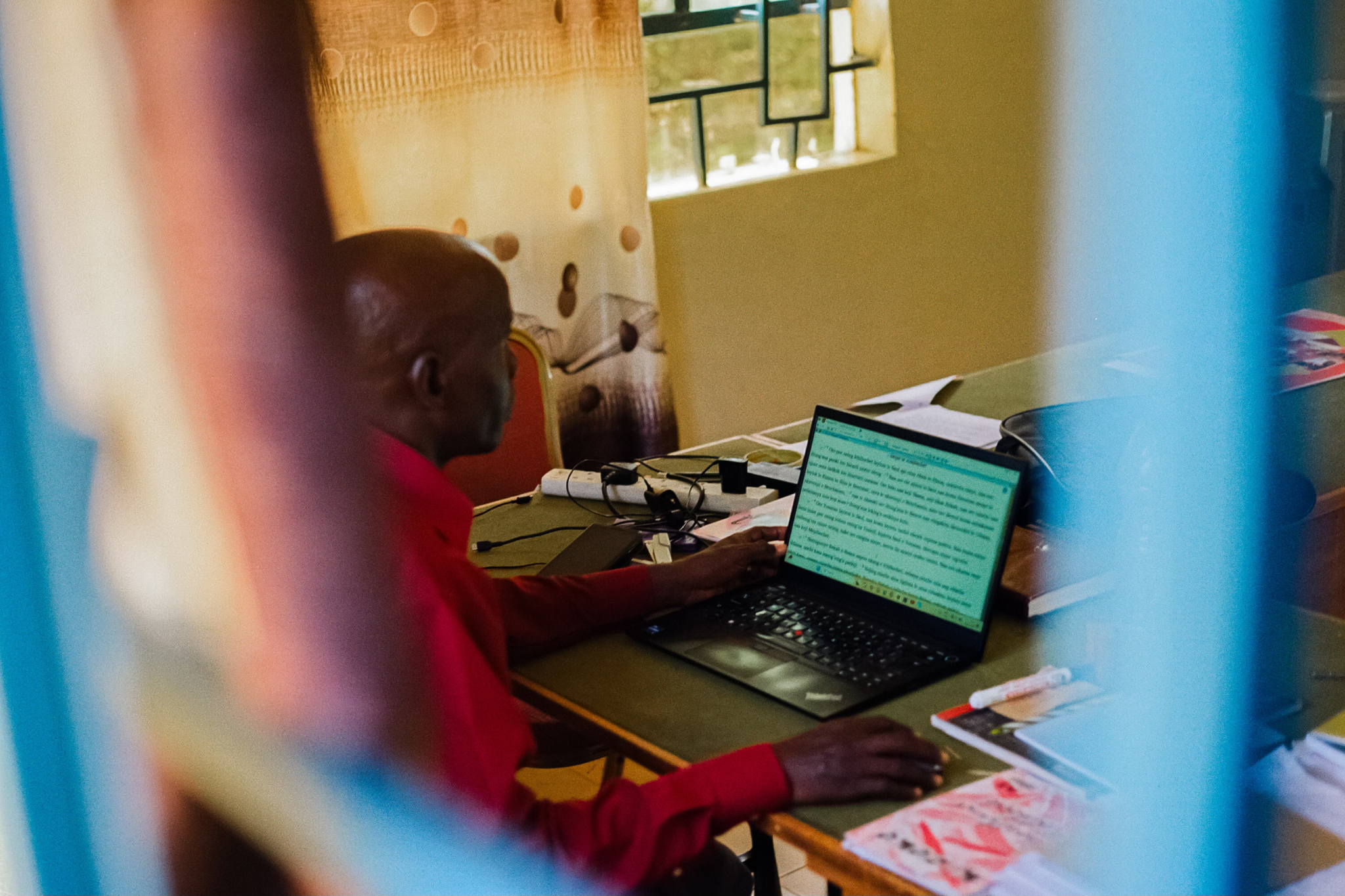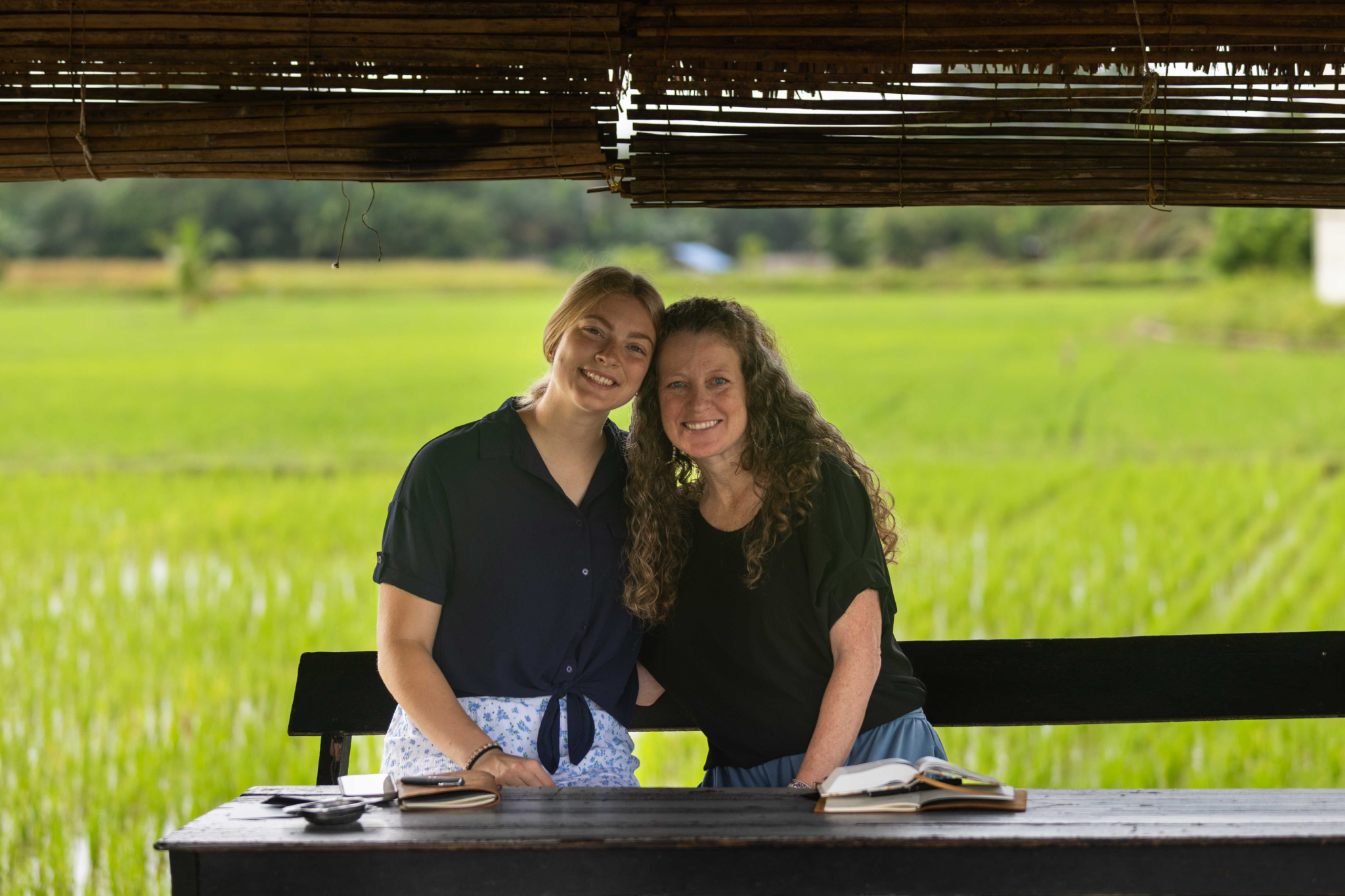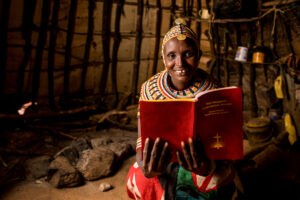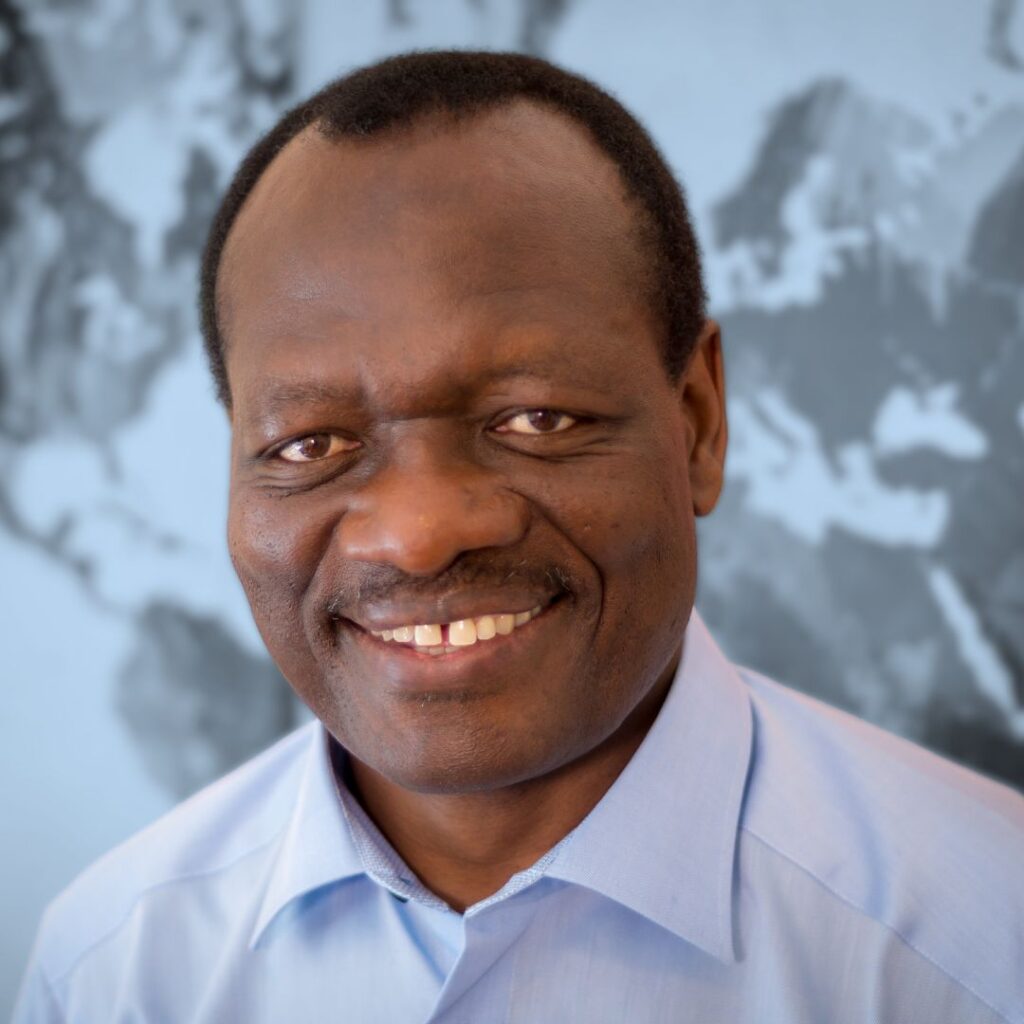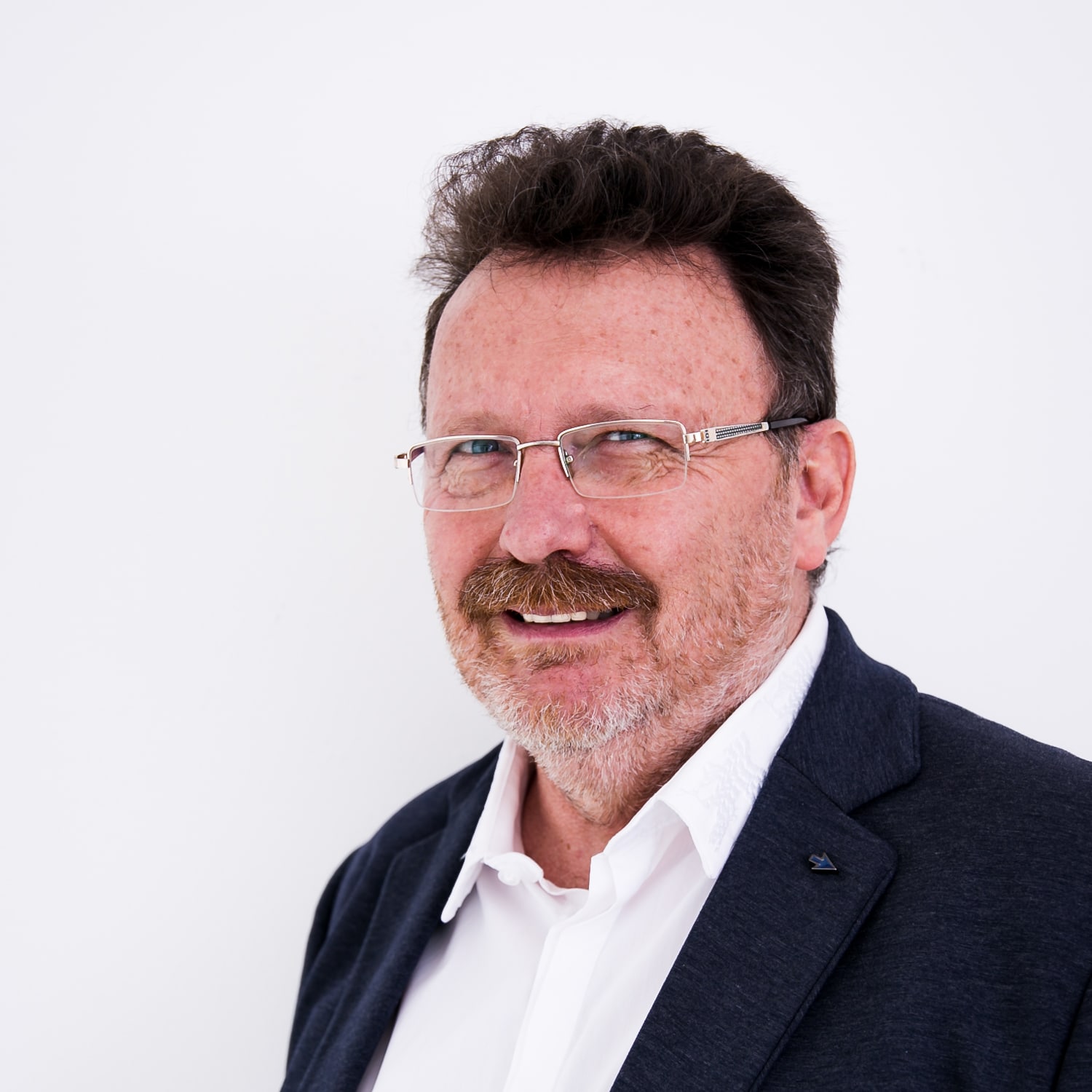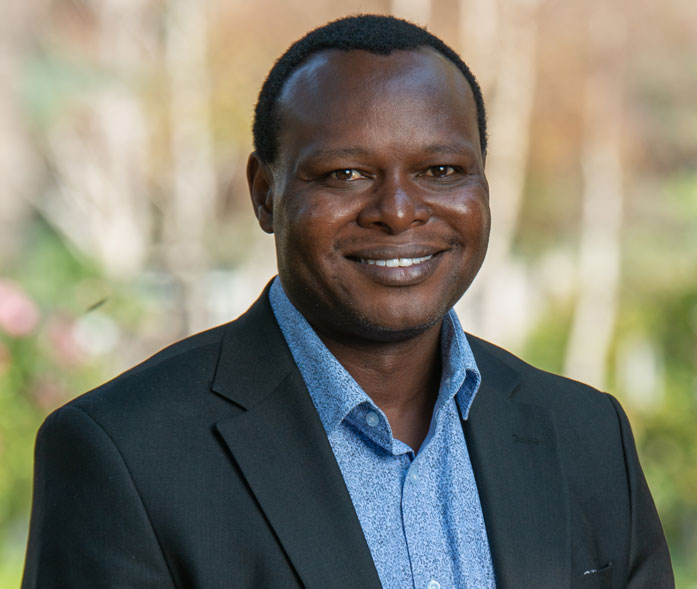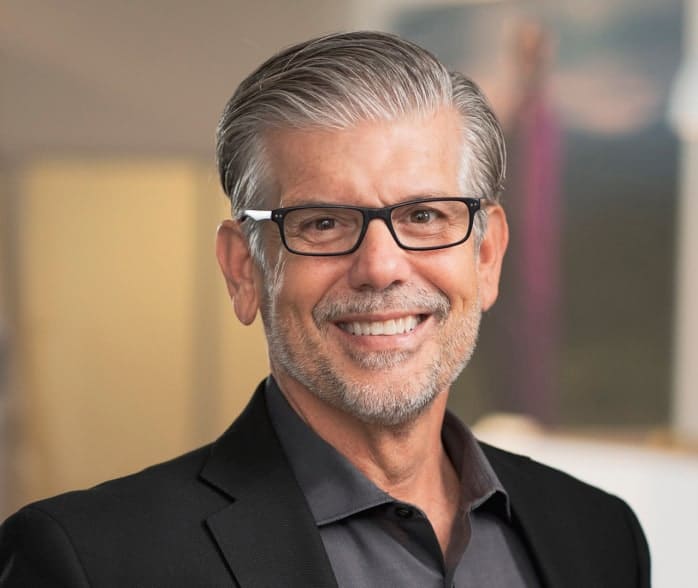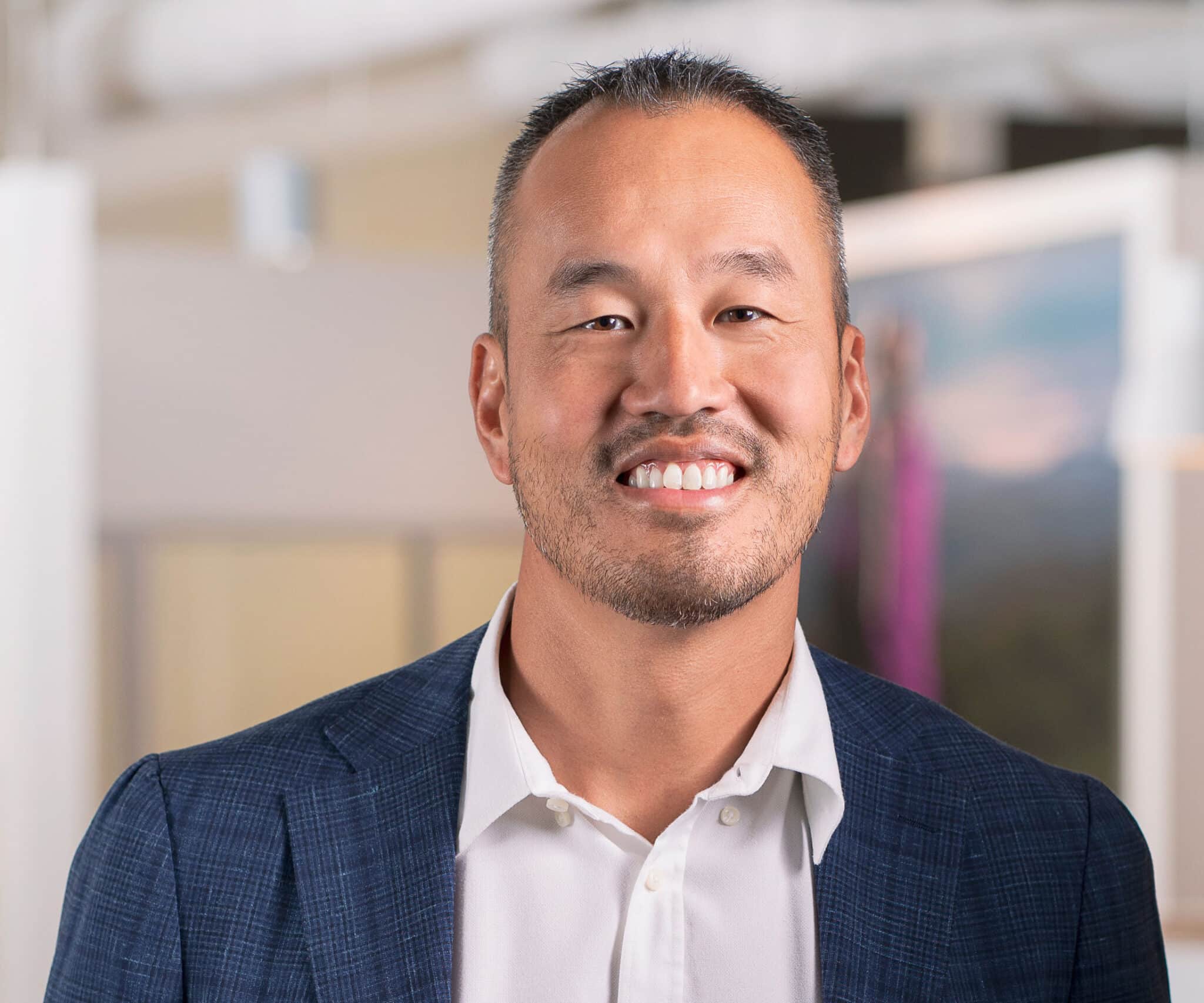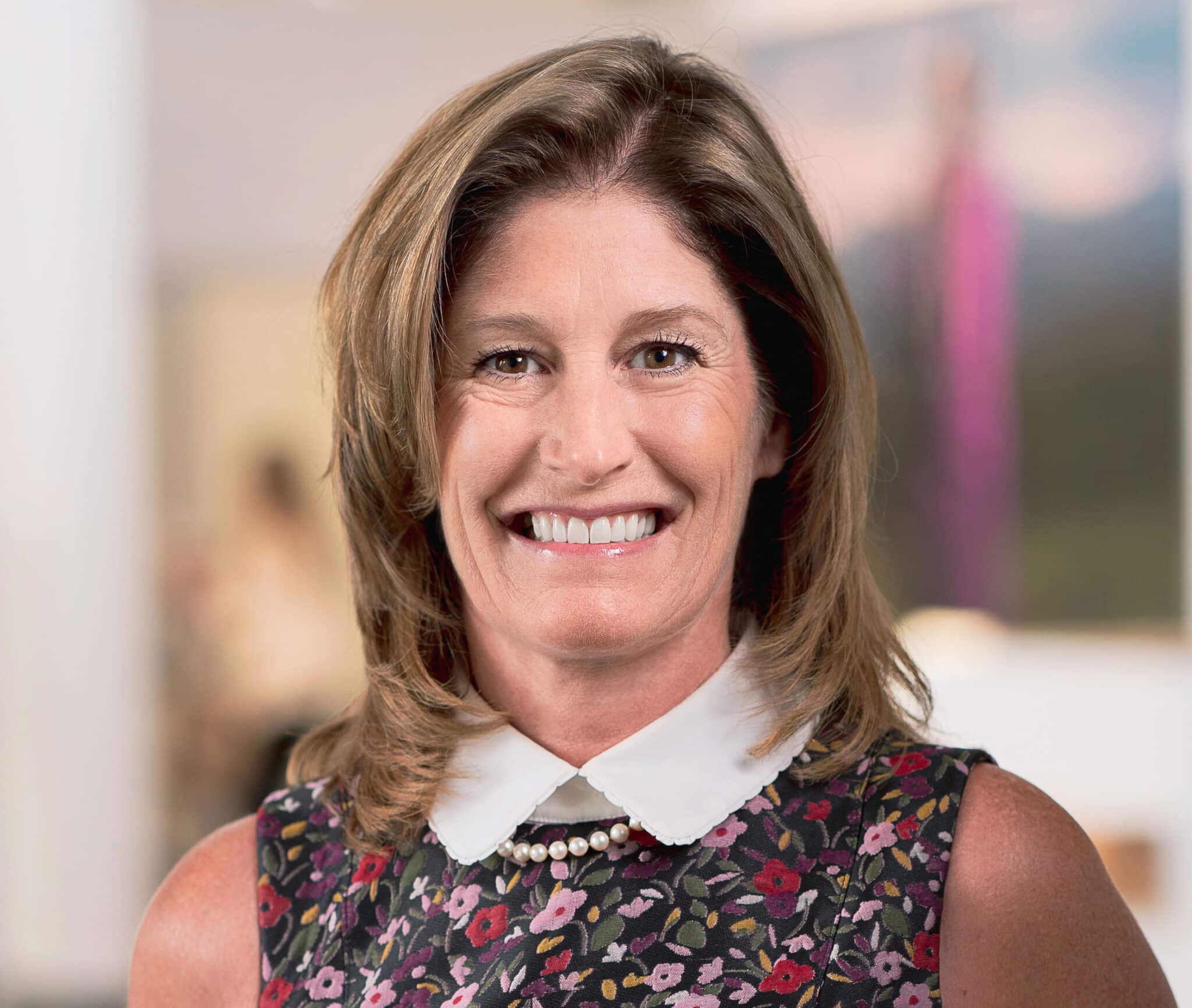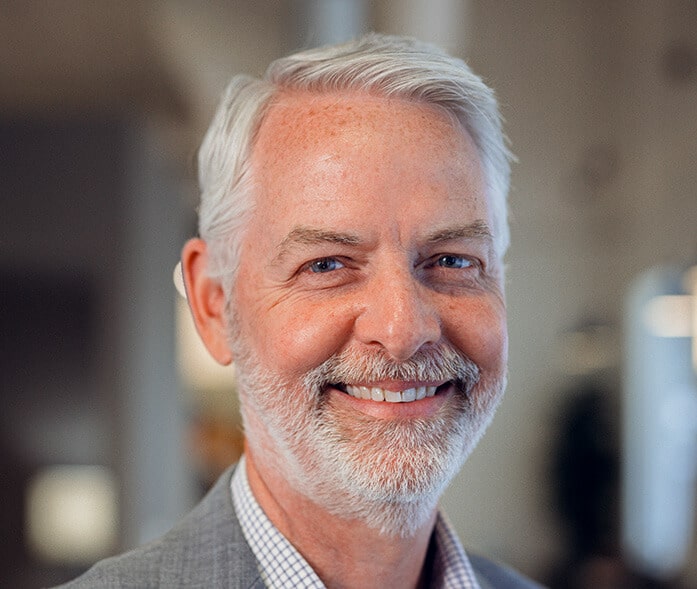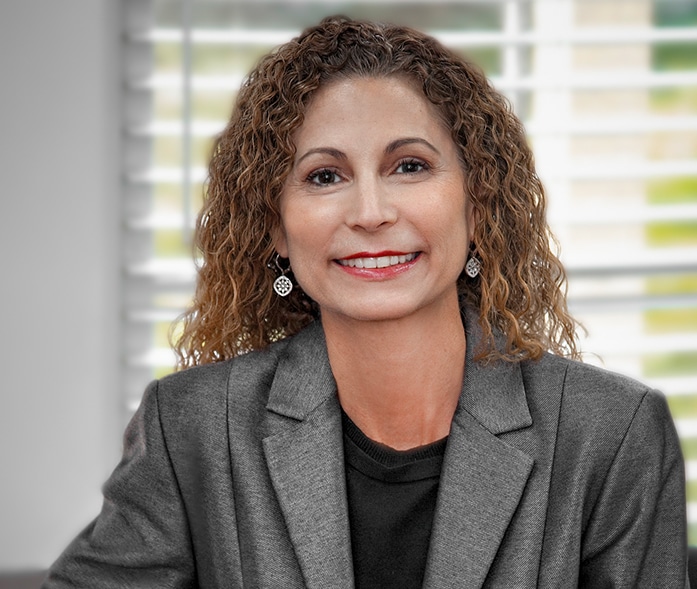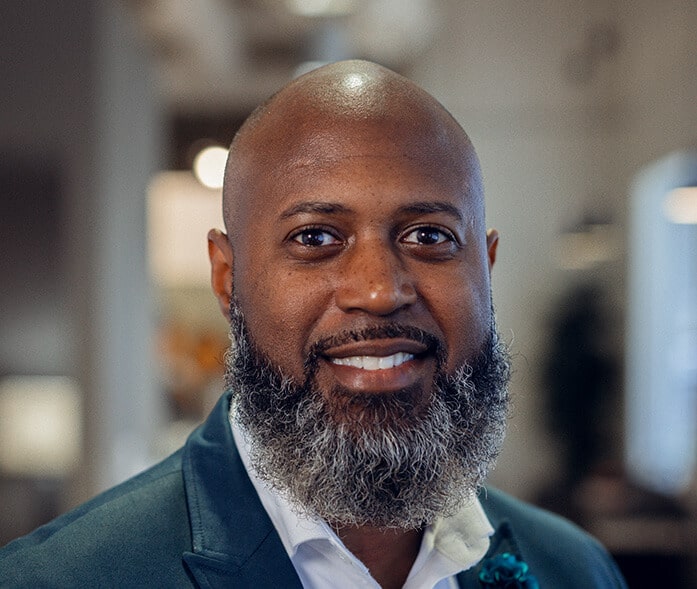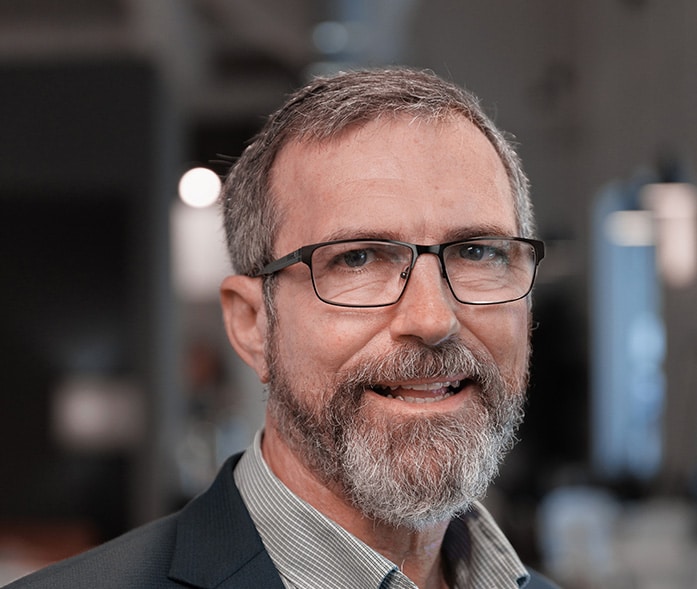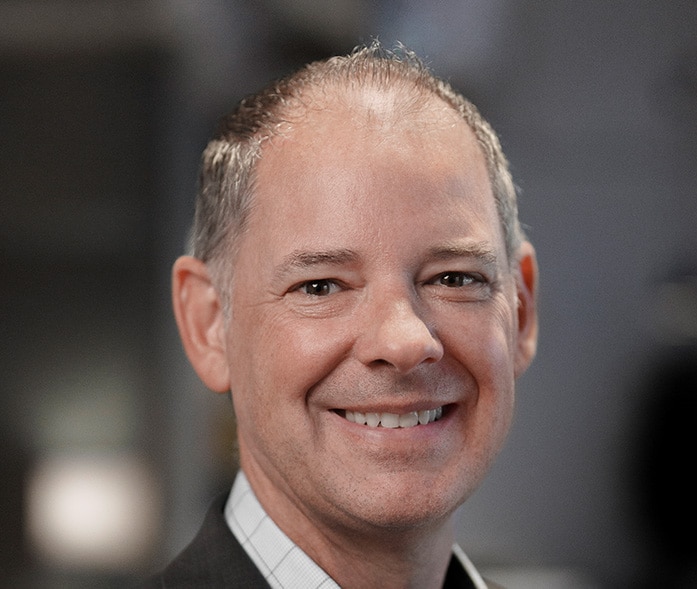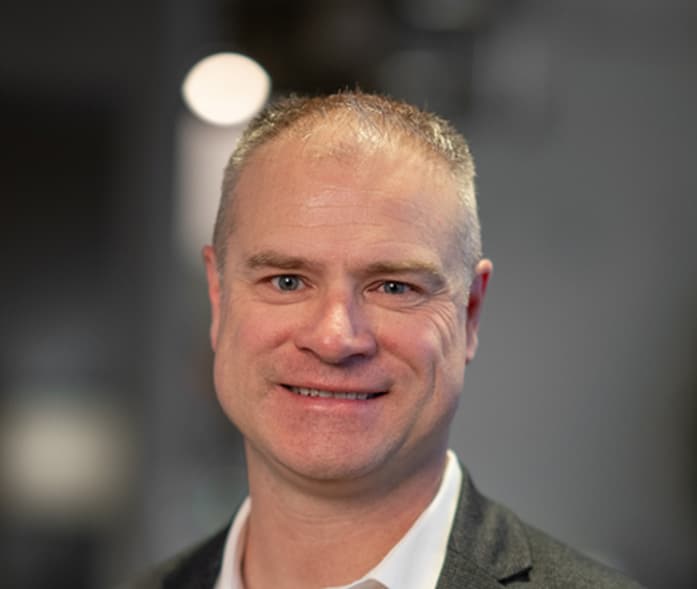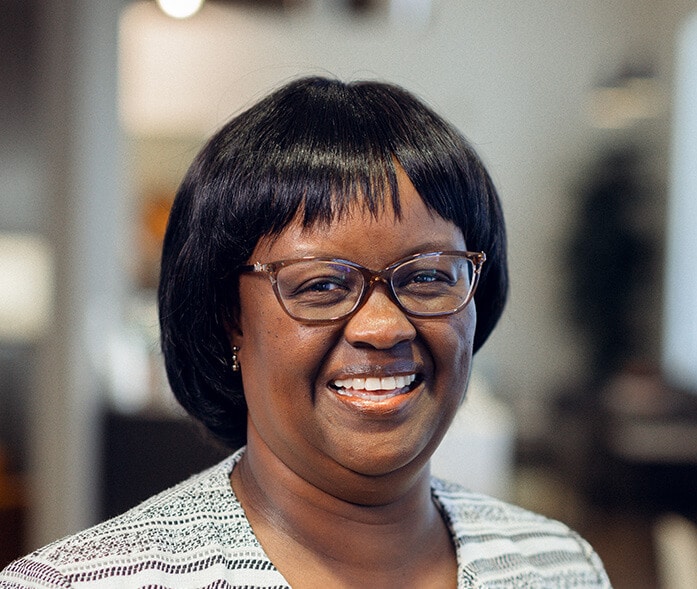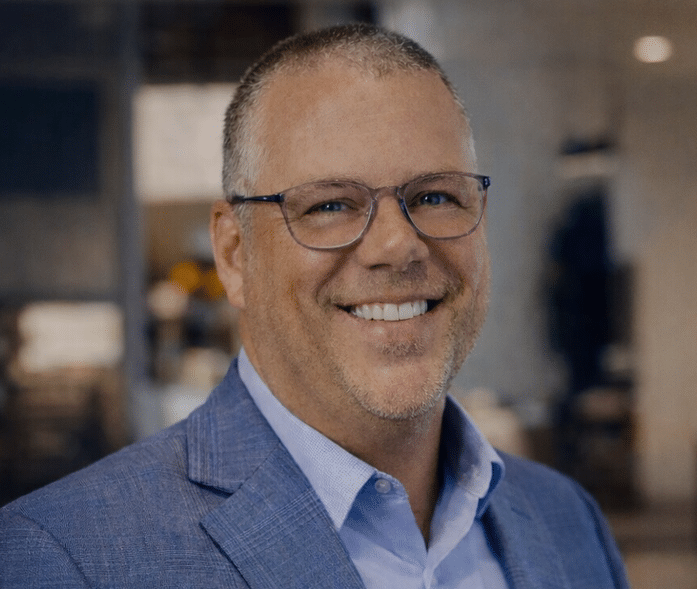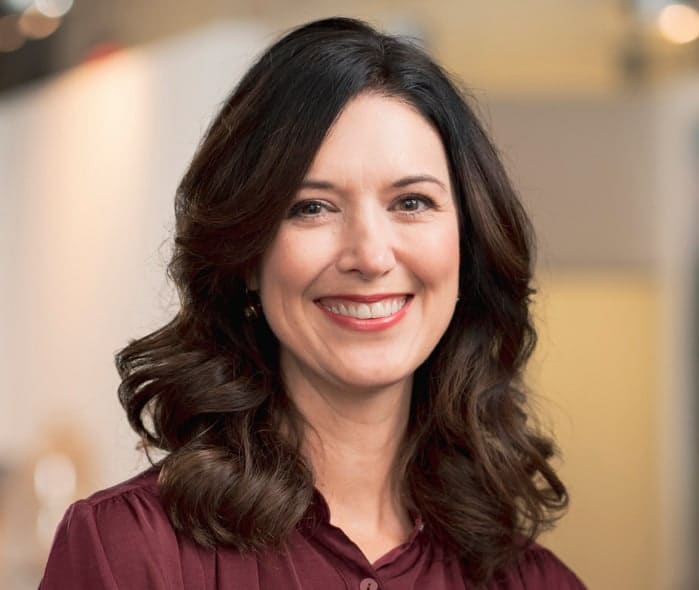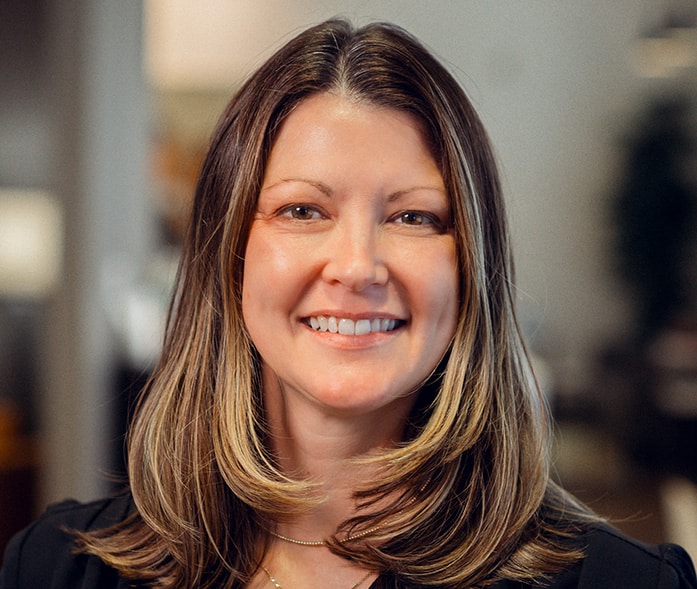In a place barely known to the outside world, the Word of God is alive and active.
Your single-prop airplane buzzes low over the palm tree jungle. The pilot turns the yoke and banks into a slow arc. As the plane circles a tree-carpeted hill, you spot it: a grass airstrip running up the middle of a small village. Except for the nearby river, it’s the first break in forest cover you’ve seen for miles.
Your pilot lands the plane smoothly and taxis to the end of the strip. To your right, two rows of wooden-plank houses stand on stilts. They face each other across a narrow dirt path that serves as Main Street in this village.
This is home to about 150 Yef people, who speak their own distinct language. There are only about 1,000 Yef people in the world, and virtually all of them live in a few isolated villages in the middle of this Southeast Asian island.
Man on a Mission
Though the setting may look similar, this is not the same village that a traveling evangelist known simply as “Mr. Abi” walked into in 1994. Mr. Abi trekked for days through the jungle to tell the Yef people about Jesus for the first time.
Mr. Abi is also from Southeast Asia, but his slender build, lighter skin, and straight hair set him apart from most of the local people, who look more like Australian aborigines than their fellow countrymen.
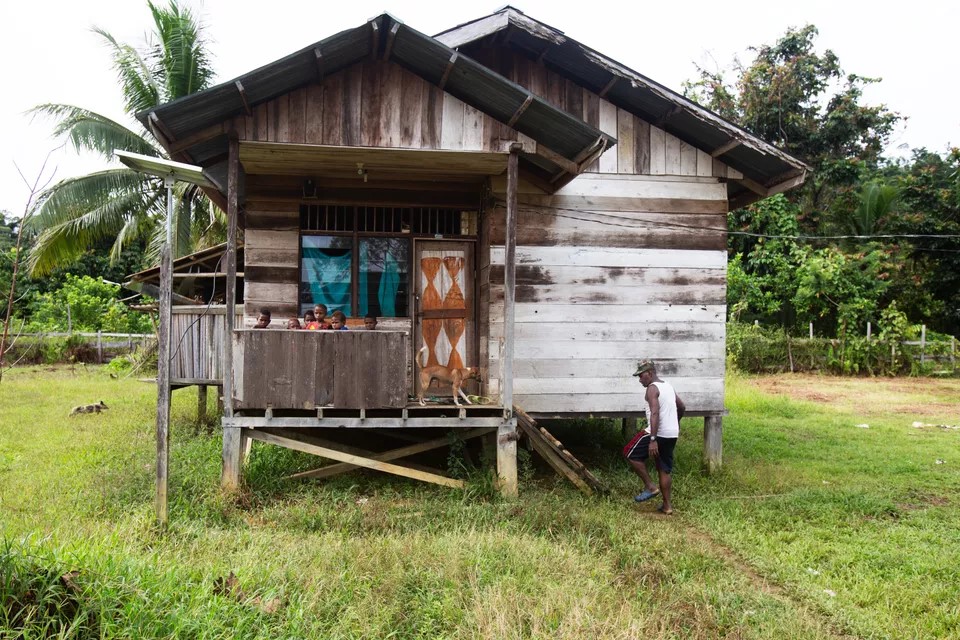
These days, Mr. Abi visits the village often by plane and gets a first-class welcome; he even has a permanent house to stay in. But when he first arrived, the Yef had only been known to the Western world for three years. A missionary named Andrew spotted this Yef village during a language survey in 1991.
A village elder named David professed faith in Jesus during Mr. Abi’s first visit, but the community was slow to follow.
“At first, I didn’t know who Jesus was,” David, 51, says today through a translator. “And I trusted evil spirits as a god, but it wasn’t the God that created heaven and the world. But now I understand.”
“Mr. Abi said Jesus came and died for us, and I trusted that that was true,” he says. “And I took the power of the evil spirit, and I threw it away, and I followed Jesus.”
David remained one of the few followers of Christ in this village for almost 20 years. That was before a program called OneStory began to change the spiritual culture of the entire village.
Hearing and Understanding
OneStory is a worldwide Oral Bible Storytelling initiative in which local translators record spoken Bible stories in their own language.
American missionary Chase Reynolds began serving the Yef people in 2010 with his wife and three young boys. After two years of learning the Yef language and way of life, he helped launch a OneStory project for the Yef people in 2012—funded by Seed Company.
Chase’s key move was recruiting two Yef men in their mid-30s, Sion (pronounced SEE’ – OHN) and Jeri (YAR’ – EE), to translate the stories from the national language into Yef.
You won’t see anything resembling a library here … or many books at all outside of the local grade school. The three men (along with a fourth, who has since left) started the OneStory project because Yef people had no history of writing in their language. Literacy in the village is low, and probably will remain that way for years to come, Chase says.
So, Sion and Jeri started with what Chase calls a “skeleton panorama” of 17 stories, spanning from Genesis to Acts.
“Just two or three at first were believers,” says Sion, who is preparing to become the first ordained Yef pastor. “When they heard OneStory, then more became believers.”
“To me, audio is important because some, they cannot read. When they have audio, they can hear in their language and then they can understand what’s in OneStory.”
‘The Power of Jesus, That’s Big’
In a way, you might divide the history of this village into two eras: before and after OneStory. Exhibit A for the switch is a village elder named Matias.
Before OneStory, most people in this village practiced classic animism—worshiping and fearing spirits in the rivers, trees, and rocks that dominate the surrounding landscape. “Yef people used to walk deep into the nearby jungle to ask a special tree for food, like a wild pig or another animal,” Sion says.
Matias and others also would march on foot to neighboring villages with bows and spears, seeking vengeance for various offenses. And when people got sick, they would ask Matias to bring his special rock.
When Matias reached a sick person’s house, he would set the rock on the sick person’s body. Sometimes, people would actually get better, which Matias today believes was the work of evil spirits. He realized this after Sion started playing oral Bible stories for them—such as creation, the Garden of Eden and Jesus’ birth and resurrection.
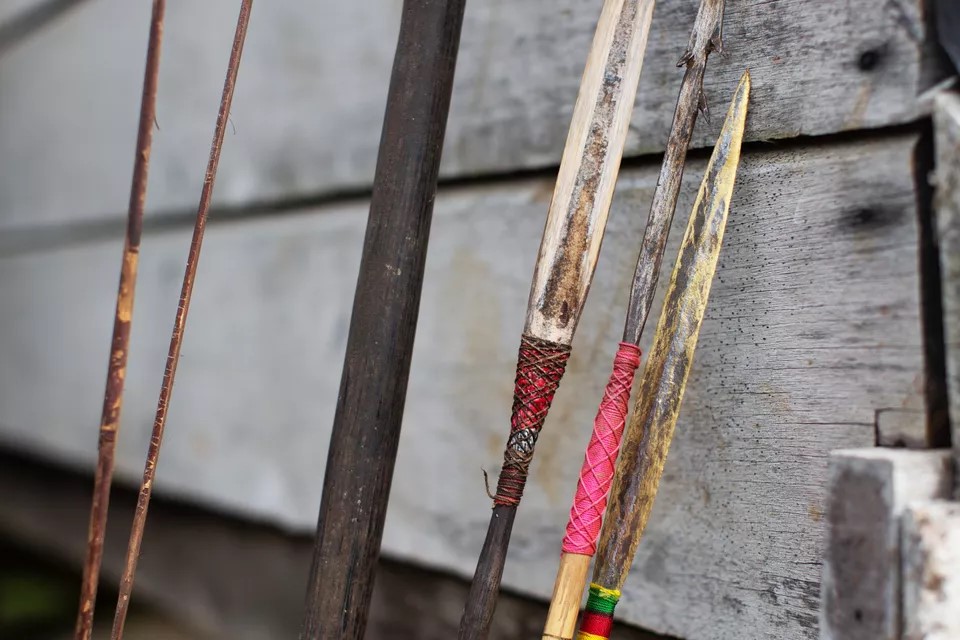
The first time Matias heard those stories, he believed them. No wrangling, no personal crisis. And when he decided to follow Jesus, he threw that rock into the river.
“Before, we didn’t know Jesus,” says Matias through a translator. “We didn’t know who our God was. We believed the evil spirits.”
“The power of evil spirits is not power. But the power of Jesus, that’s big. And what things we ask, He can give. But the power of the evil spirit in the tree, in the mountain, in the river, they are just a trick for us to follow. But that’s not the true God.”
Continuing the Work
Today, the Yef have 50 Bible stories in their language. The village has its own church, and virtually everyone has at least heard the gospel in Yef.
Now that the OneStory project has wrapped up (a year ahead of schedule), Chase and Sion look forward to launching a full Oral Bible Translation project using the new Render tool. Render allows users to record oral translations of the Bible on a tablet device. Then it walks them through the entire check and review process on their way to a finished translation of a Bible verse or passage.
That project won’t start for a few months. In the meantime, Yef people’s understanding of God and the Bible is increasing, Chase says. With the progress thus far, he and Sion are confident that people in the village are well on their way to spiritual maturity.
“Even now, if something happened—the Lord called me home, we could not continue on, whatever—I would feel like the Yef people have a chance,” Chase says. “They have an honest-to-goodness chance of understanding the gospel, even early discipleship. You just can’t take that away.”
Simple Life, Simple Meal
It’s breakfast time in this rainforest village. In most communities in this country, that would mean rice.
Here, it means papeda. Villagers make the sticky paste from starch scraped from the trunks of the sago palm trees that blanket the hills all around.
There are no microwave ovens here. Electricity is hard to come by. So to begin, two grass-skirted women crisscross sticks of wood about the size of their forearms and light a fire. Then one of them sets apple-sized rocks on top and waits for them to heat. The reason for heating the rocks becomes obvious when the women bring out their water bucket—a basket made of dried palm leaves rather than metal. After a few minutes, a third woman plucks the smoking rocks off the fire with wooden tongs and plops them into the basket. Within about two minutes, the water is boiling.
A fourth woman brings a second bucket, full of dry sago starch. The third woman sets the tongs aside and pours the boiling water over the starch. As the fourth woman stirs, the papeda congeals, first into an off-white pudding, then into its final form—a bucketful of hot, pearly goop.
Using the stir sticks, two women divide the finished papeda into softball-sized portions that they serve on large, green leaves. About 20 people gather around an 8-foot-by-8-foot upraised platform to share the meal.
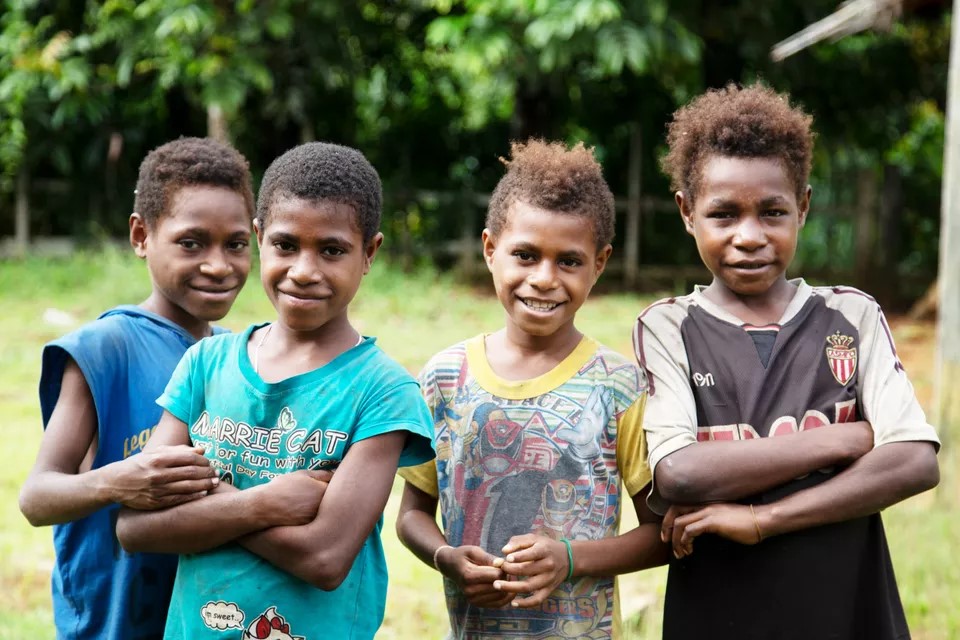
Cooling on the leaves, the papeda portions look like translucent bread dough. They’re still piping hot, but breakfast club members (men, women, and children) jam their fingers in right away.
Like most of life in this village of 150 people, breakfast today is a communal event. Several people eat from one leaf. They twirl small globs of papeda on their fingertips and pop them into their mouths as they laugh and talk.
As people finish their meals, they light cigarettes or homemade cigars and talk some more. Several dogs nose around for scraps. A few people head home. Cicadas buzz in the heat, now approaching 90 degrees. The fire dies, people wrap leftovers in the leaves, and the women who cooked the meal gather their few supplies.
As the rest of the breakfast club disperses, all that lingers is the smell of smoke and the friendly laughter that bounces in the humid morning air.
* For security reasons, the exact location of this story cannot be given, and a pseudonym is used for the people group.

